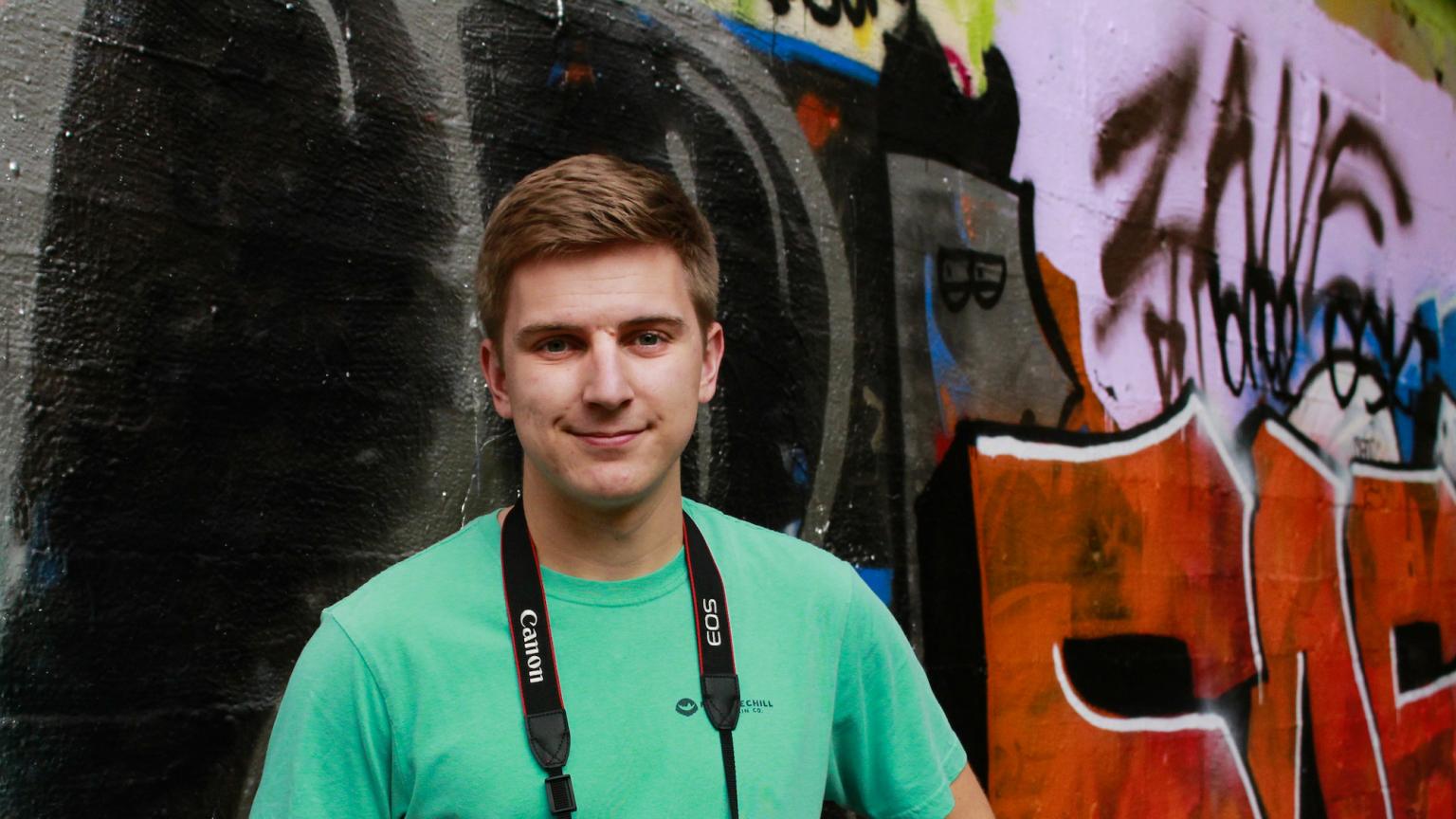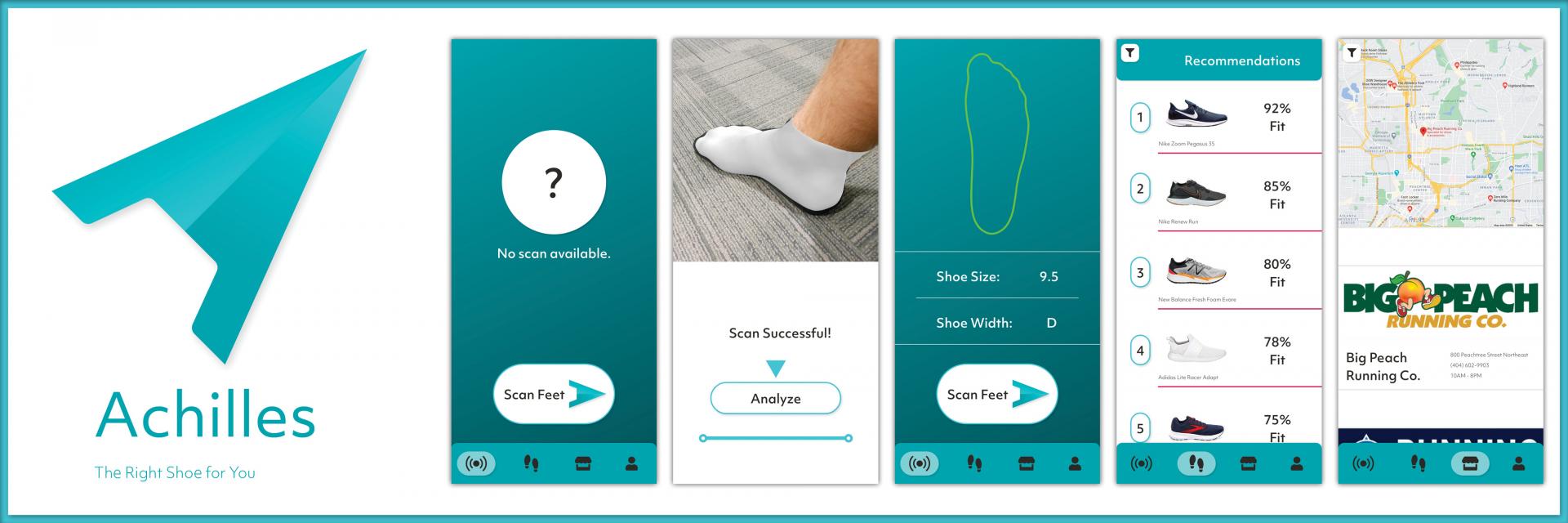
Salamanderama Festival
Class: ID 4823 | Instructor: Lisa Babb
Salamanders are some of the strangest, most unique creatures on the planet. Their biodiversity is highest in the Appalachian mountain range of the United States, but unfortunately 1/3 of amphibians around the world are considered to be threatened. Citizen science is one way people can help take the charge of discovering salamander populations, but a demographic study found that a minority of individuals who make less than the median income participate in such projects. In order to target this demographic of young adults, I've created the Salamanderama Festival featuring the event passes, trail guides and souvenir water bottles. Each piece works on its own to inform guests on why salamanders matter and how they can help to save them. Protect the Salamanders!

Evolve
Class: ID 3803 | Instructor: Steve Chininis
The class focused on developing skills to enhance our ability to design and produce innovative products that can lead to a start-up or a manufacturing business. My product, the Evolve desk lamp, awakes when it is placed in the correct orientations.The lamp uses a series of LED's attached to a title switch sensor that allows the lamp to stay off when laid down and not in use, and automatically turn on when the lamp is set up or on its side. This project gave me a first hand experience with understanding the manufacturing processes possible in projects, as well as an understanding of the costs and materials that can help make a product successful. The project helped me to gain a first-hand experience on developing a product while considering all of the steps involved in its creation.

Children's Hospital of Atlanta Project
Group Members: Anna Teachout, Jay Burnett, Ramsey Lehman
Class: ID 3032 | Instructor: Herb Velazquez
To work with Children's Hospital of Atlanta (CHOA) was both an intimidating task and extraordinary opportunity. Our goal was to design a healing experience of the future that can be transformed from bedroom, to hospital room, to ICU in order to allow physicians to test new equipment and technology to improve patient recovery outcomes. The project tested me and our class in new ways as we had a real-life client and ran our studio like a design firm for the very first time. My personal contributions were initial design research, room layout testing, initial model building, and the majority of the room concept renderings. Our class converged onto one final concept with all 12 studio members which tested and improved my communication and team based abilities. The real world implications of the project were evident throughout the process as we continuously checked in with our client to ensure we exceeded their criteria and expectations. In the end, we successfully presented our concepts to our client and have a post-COVID-19 presentation the the CHOA leadership so they can see our proposal for the future of medical research.

Hand Tool
Class: ID 2024 | Instructor: Lisa Marks
The simplest problem I have tackled my academic career, this project tested my abilities in new and interesting ways. Tasked with redesigning a hand tool, I took advantage of this open-ended prompt to explore woodworking tools to see what issues may arrive. I did some research at a local woodworking shop and discovered that current wood rasps and files do not properly accommodate the variety of grips of their users. From there, I redesigned a wood file that had a versatile main handle and added a smaller handle to the tip to allow its users to hold the file in a variety of positions. The simplicity of this project helped show me that simple problems can be solved using simple solutions.

